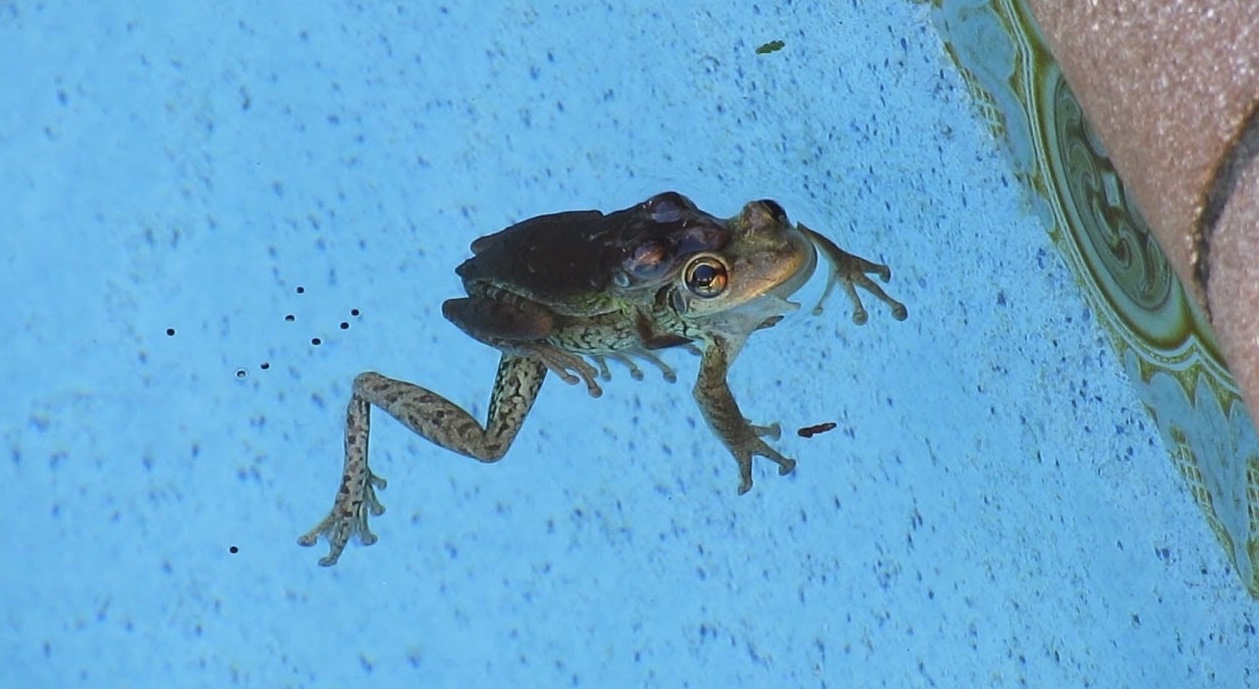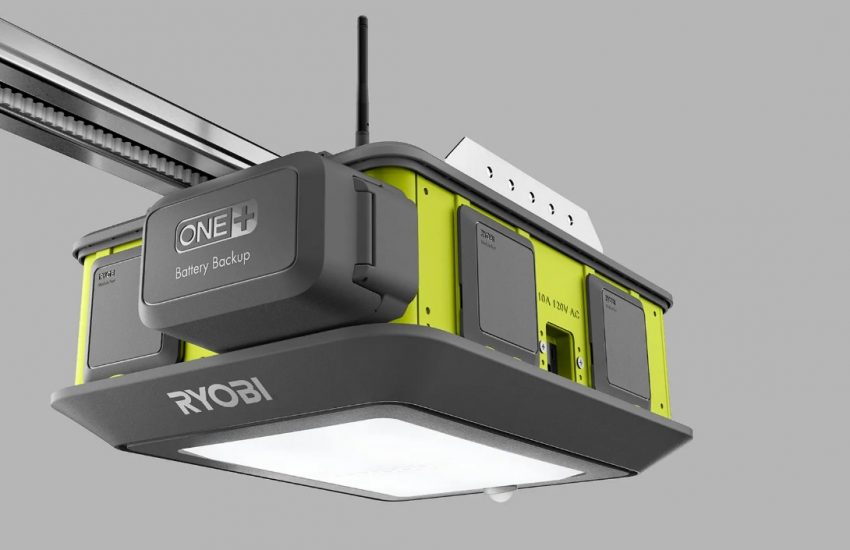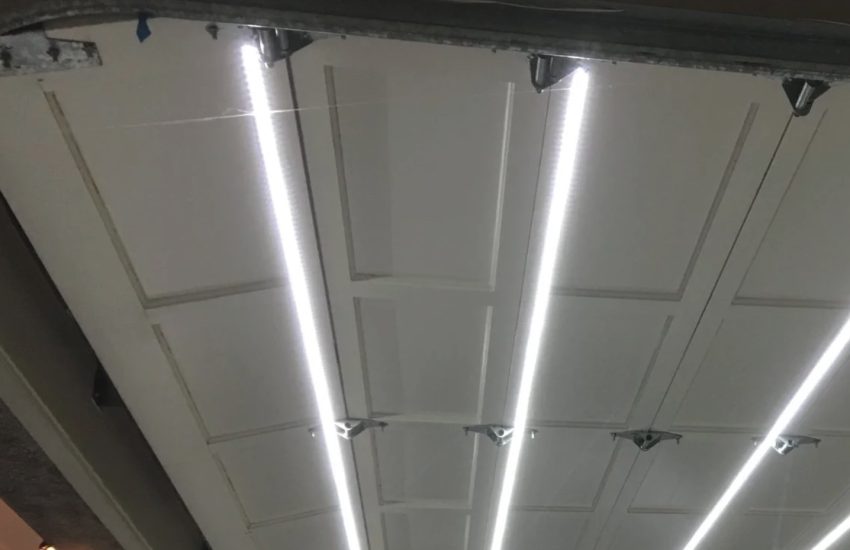How to Keep Frogs Out of the Pool
Are noisy frogs in your pool making the nights unbearable? Don’t worry. You are not alone. Many people have to deal with a swimming pool, water feature, or any other pool frog infestation from time to time.
While the frogs are just a bother that happens to feed on mosquitoes and other nasty bugs, they can attract bigger predators like snakes. Getting rid of them should be a priority, even if you don’t mind their croaking.
Why Are There Frogs in My Pool?
Frogs are amphibians that need water to stay alive. Apart from this, water ponds and pools are their perfect hunting grounds. If your pool has a lot of insects and bugs, frogs will set up camp.
Frogs and toads also love overgrown pools or ponds with weeds, some bit of stagnant water, and no chemicals encouraging natural flora and fauna to flourish.
This can never be an actively used swimming pool with clear water. It could be the case for abandoned swimming pools, water features, or other ponds built for ducks or aquatic plants.
In rare cases, frogs could migrate from a lively backyard and dip in the pool before passing by. This will happen if your backyard is overgrown with weeds, grass, and other unkempt vegetables, creating the perfect environment for insects to thrive.
ProTip: You will only have to deal with frogs in a swimming pool if it is dirty and neglected. A pool that is favorable to frogs will be too nasty for humans to take a dip in.
How to Discourage Frogs From Infesting Your Pool
Making the pool and surrounding area less favorable to frogs is the easiest way to keep frogs out of the pool. Here are some ideas you could implement to prevent an infestation from catching hold.
Keep the Pool as Clean as Possible
No frog or toad will survive in a clean pool. Even insects can’t stand pool shock, some chlorine, and the constant skimming.
Cleaning your swimming pool frequently keeps the water pristine and clear. This will make it attractive to swim in and a bit unnatural for sensitive frog skin.
Moreover, frogs love stagnant water that’s full of insects and bugs that are a food source. Cleaning your pool often removes this food source and any tadpoles they might leave in the water.
That is why the only frog you will find in a swimming pool is the stray frog resting before moving on – and chances are it will die if it hangs around for too long.
Don’t hesitate to scoop out any dead or struggling frogs you see in the swimming pool when cleaning or hanging out. Dead frogs in the pool are worse than strugglers.
Keep the Lights Off at Night
While those pool or deck lights might make the pool area safer and attractive to you, they are also a food magnet for frogs and toads.
Bugs and insects love light. Frogs love bugs and insects. See how the pool lights create a chain of events?
Turning the lights off could help eliminate frogs, especially if you only notice them at night. Keep the lights on when you use the pool at night and turn them off when no one is around.
You can install a couple of motion-activated lights to light up the area when someone walks by to prevent accidental ‘diving’ in the middle of the night.
Use Pool Covers
Pool covers are very good barriers that go over the top of your pool when you don’t anticipate using it that much.
They come in handy during winter or when you are going on holiday. It could be a solid vinyl cover or mesh safety net.
Whichever you go for, they are robust enough to keep frogs from entering your swimming pool. Some covers are strong enough to catch a pet dog or a baby who falls onto the surface.
ProTip: Ensure that the cover protects all entry points into the pool. You wouldn’t want someone to sneak into the pool through a small opening and fail to identify the entry point after a while.
If you have children, ensure the pool anchors are strong and a bit complex for their little hands. This will discourage them from vandalizing the cover and going for a swim in an otherwise unsafe pool.
If you want to cheap out, you can use a tarp over the pool as cover. Just ensure that the pool area is secured and locked since a tarp isn’t much protection against heavier animals. They will drown if they fall through.
Gives Frogs a Way to Escape
Sometimes, in the heat of the day, a frog might jump into any pool it sees to cool off and moisturize its skin. This explains why you sometimes find frogs in open water tanks, basins, and toilet bowls.
The same could apply to a frog in your pool. If such a frog can’t escape the poo, it will end up starving, or your pool cleaning compounds will eventually kill it.
Providing a way for stray frogs to escape is a good way to avoid bloated or dead frogs tasting your otherwise perfect pool.
Adding some frog logs is a great way to provide an escape route for the little amphibians. While not all of them will find the logs, it will reduce the number of frogs you have to scoop out when cleaning.
Install a Fence
A frog barrier needs only be a couple of inches high. Anything higher than 4 inches should do. It should be a steep perpendicular wall they can’t easily clamber over. They won’t have the incentive to go over the small fence since they can’t tell what is on the other side.
Even though they could jump over, a frog won’t jump into the unknown unless being chased by a predator.
Keep the Surrounding Area Tidy
Insects, grubs, and bugs love tall grass and weeds. Frogs will also frequent such places when hunting or hiding away from the sun.
The same applies to unkempt storage that creates hiding spots. These include piles of timber, old building blocks, or piles of stones.
If there are plenty of inviting spots close to your pool, the frogs will have no trouble migrating into the pool at night or during the day, laying eggs and escaping into their hiding spots again.
Keeping your lawn and gardens well kept is not only neat but also prevents frog and other pests infestations.
Use Home Made Frog Repellents
If all the above active deterrents have failed, it is time to go on the offensive and make your pool and the surrounding area repulsive to the frogs.
Luckily, you can accomplish this using relatively safe chemicals in most kitchens and households.
- Spray vinegar around the pool. This will give the frogs a burning sensation, and they will turn around to flee
- Substitute the vinegar with citric acid
- Sprinkle coffee grounds around the poo. This will also irritate the frogs.
If you don’t have any of the above chemicals, you can spray some saltwater around the pool. Making the mixture concentrated (slightly saltier than seawater) as a mild solution might not be enough to deter them.
ProTip: Refrain from using harsh chemicals like ammonia fertilizer. This is too strong and will kill the frogs, leaving you responsible for disposing of dead or decaying amphibians.
Use a Pump to Circulate the Water
Frogs prefer staying in standing water. This makes an excellent breeding ground, unlike moving water that disperses their tadpoles and kills the future generation.
Any automatic pool cleaner or fountain that keeps the water circulating will make your pool less likable to frogs. The only caveat is that the pump will be noisy and distracting – especially if the pool is near where you sleep.
Create an Alternative Habitat for Frogs
Frogs are not all that bad. They are a very efficient insect control unit. They will eat bugs, mosquitoes, and other insects that are human disease vectors. The only problem with frogs is that they could attract bigger predators and most notably snakes.
If you want their benefits or a completely natural garden but don’t want the risk of snakes near your main swimming pool, you can create an alternative habitat for the frogs.
A pond of stagnant water with some logs and stones to help the frogs hope in and out is a good start. Adding some plants like water lilies, ferns, and more plants around the pool will create a natural habitat for insects and a haven for your frog friends.
How Long Can a Frog Live in a Pool?
Frogs can’t spend long, many days in fresh, natural river water – let alone chlorinated pool water. In a swimming pool, a frog will be irritated by the chlorine and immediately start looking for a way out.
They will swim around bumping against the slippery sides and fail to escape unless you have pool logs or other frog-friendly fixtures to help them escape. If you don’t rescue them, they will die of exhaustion and chlorine exposure within a day or two.
Yes. Frogs in a well-kept swimming pool need rescuing. If you don’t, they will die, bloat, or leave strings of tadpoles that are hard to clean and sanitize.
Will Chlorine Kill Frogs?
While frogs can survive for a short period in chlorinated water, they will eventually die of exertion trying to escape the annoying water.
Frogs don’t like chlorine, salt, and other popular pool treatment chemicals. They will try to leave as soon as they realize the water has these chemicals. However, the smooth pool walls will make it hard for them to leave, and they will eventually tire themselves to death.
Will the Frogs in My Pool Go Away on Their Own?
Frogs will only leave your pool on their own if they can clamber over the pool walls. Most swimming pools aren’t designed with escaping frogs in mind. The only time they can leave without assistance is if:
- You have an escape way that has a pool log, net, or some other rough material they can use to climb out
- It is infinity or overflowing pool that they can swim right off the edge
Otherwise, it would help if you used a pool net to scoop out the frog.
Are the Frogs in My Pool Dangerous?
While the frog itself isn’t poisonous, it could carry harmful bacteria and diseases. It will wash off this dirt in the pool and leave more if it releases waste into the pool. The frog will contaminate the pool further if it dies before escaping or rescuing.
Check this too: Why Is My Swimming Pool Pump So Noisy?
Even though a well-treated and chlorinated pool will kill most of these bacteria and parasites, some could still make their way to you, causing otherwise avoidable infections. Keeping frogs off and treating the pool frequently reduces the risk of such infections.
The biggest problem frogs pose to a swimming pool is the thousands of cloudy eggs and tadpoles they might leave floating around in your pool. This will make the swimming pool messy and could eventually become festering if you don’t clean them off before the tadpoles start growing.
This, coupled with the risk of a frog dying in the swimming pool, makes getting rid of any frog you see in the pool a priority.


